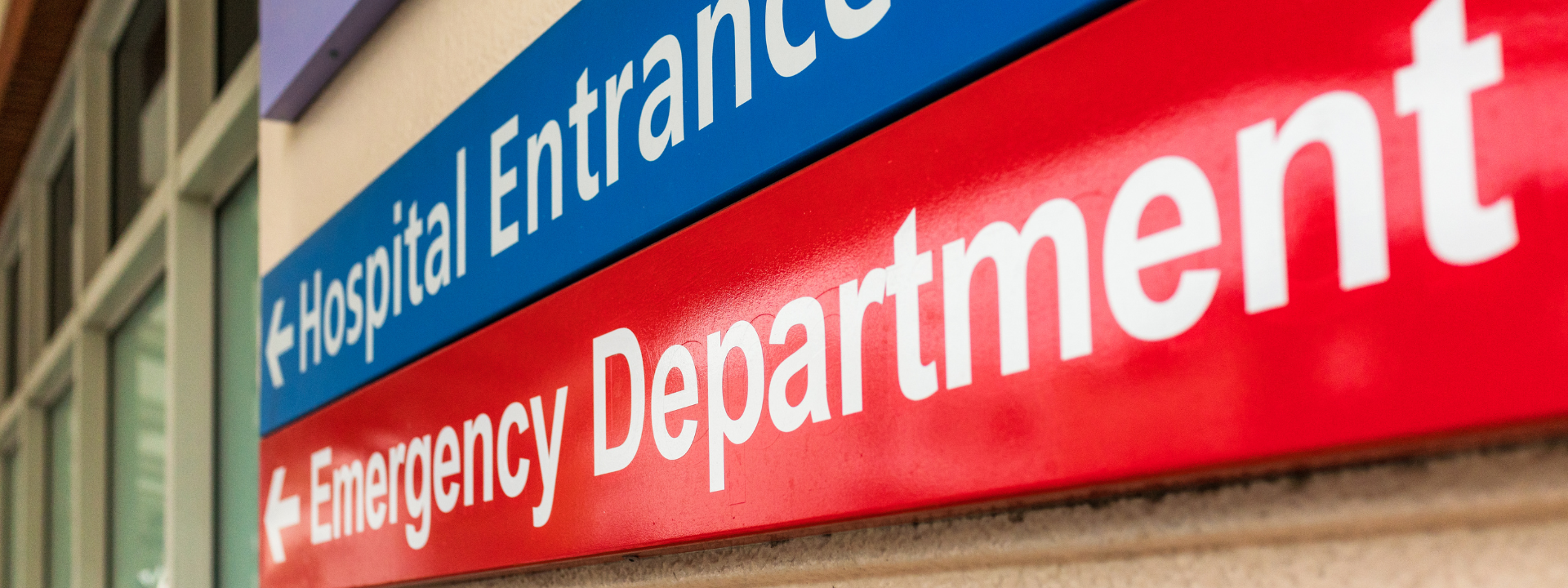Maximizing Revenue Recovery: The Case for Underpayment Audits for Healthcare Organizations
The consequences of underpayments are far-reaching and can have profound effects

In the ever-evolving landscape of healthcare finance, the efficient management of revenue streams is paramount to the sustainability and success of healthcare organizations. Among the myriad challenges faced by providers, underpayments from insurance payers stand out as a significant threat to financial stability. To combat this issue effectively, healthcare organizations must embrace underpayment audits as an essential tool for revenue recovery and financial health.
Understanding Underpayments in Healthcare
Underpayments occur when insurance payers reimburse healthcare providers at rates lower than what was contractually agreed upon or warranted for the services rendered. These discrepancies can stem from various sources, including coding errors, billing inaccuracies, contractual misinterpretations, and changes in reimbursement policies.
The consequences of underpayments are far-reaching and can have profound effects on the financial viability of healthcare organizations:
- Revenue Loss: Underpayments directly impact the bottom line, resulting in decreased revenue and potentially limiting resources available for critical patient care services, infrastructure investments, and staff retention efforts.
- Operational Strain: Healthcare providers must navigate complex reimbursement processes and devote valuable time and resources to reconciling underpayments, diverting attention from core clinical and administrative functions.
- Contractual Risks: Persistent underpayments can erode trust and strain relationships with insurance payers, jeopardizing future contract negotiations and potentially leading to legal disputes or contract terminations.
The Role of Underpayments Audits
Underpayments forensic audits involve a meticulous examination of billing and reimbursement data to identify instances of underpayment, quantify their financial impact, and pursue appropriate remediation strategies. Key components of underpayments forensic audits may include:
- Data Analysis: Auditors analyze vast datasets encompassing claims, remittance advices, contractual agreements, and fee schedules to pinpoint discrepancies and anomalies indicative of underpayment.
- Contract Compliance Review: Auditors scrutinize payer contracts and reimbursement terms to ensure adherence and identify instances where payers have failed to meet their contractual obligations.
- Root Cause Analysis: Auditors delve into the root causes of underpayments, uncovering underlying issues such as coding inaccuracies, claims processing errors, or payer policy changes that contribute to revenue leakage.
- Recovery and Resolution: Upon identifying underpayments, auditors work collaboratively with healthcare organizations to initiate recovery efforts, appeal denials, negotiate with payers, and implement corrective measures to prevent future occurrences.
The Imperative for Underpayments Forensic Audits
The prevalence of underpayments in healthcare necessitates a proactive and systematic approach to revenue integrity management. Here's why every healthcare organization should prioritize underpayments forensic audits:
- Maximizing Revenue Recovery: Underpayments forensic audits enable healthcare organizations to recoup lost revenue, thereby bolstering financial resources and strengthening financial resilience in an increasingly challenging healthcare environment.
- Ensuring Contractual Compliance: By meticulously reviewing payer contracts and reimbursement terms, underpayments forensic audits ensure that insurance payers uphold their end of the bargain, safeguarding providers' financial interests and contractual rights.
- Improving Operational Efficiency: Identifying and rectifying underpayments streamlines revenue cycle processes, reduces administrative burdens, and enhances operational efficiency, allowing healthcare organizations to focus on delivering high-quality patient care.
- Mitigating Future Risks: Through root cause analysis and corrective action implementation, underpayments forensic audits help healthcare organizations address systemic issues contributing to underpayments, minimizing recurrence and mitigating future financial risks.
Underpayments forensic audits represent a proactive and strategic approach to revenue cycle management in healthcare. By conducting comprehensive analyses of billing and reimbursement data, healthcare organizations can identify, quantify, and remediate underpayments, thereby safeguarding financial health and optimizing revenue recovery efforts. As healthcare continues to evolve, underpayments forensic audits will remain indispensable tools for ensuring financial sustainability, operational efficiency, and the delivery of exceptional patient care. Embracing underpayments forensic audits is not merely an option but a necessity for healthcare organizations committed to thriving in an increasingly complex and competitive landscape.





